detail profile marco risi
Peran Yang Di Mainkan Marco Risi
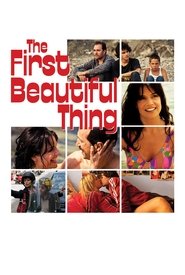 The film tells the story of...
The film tells the story of...The First Beautiful Thing 2010
The film tells the story of the Michelucci family, from the nineteen-seventies to the present day: the central character is the stunningly beautiful Anna, the lively, frivolous and sometimes embarrassing mother of Bruno and Valeria. Everything begins in the Summer of 1971, at the annual Summer beauty pageant held at Livorno’s most popular bathing establishment. Anna is unexpectedly crowned “Most Beautiful Mother”, unwittingly stirring the violent jealousy of her husband. From then on, chaos strikes the family and for Anna, Bruno and his sister Valeria, it is the start of an adventure that will only end thirty years later.
 New years eve at The Islands...
New years eve at The Islands...The Last New Year's Eve 1998
New year's eve at "The Islands" condos. An aging countess's party is crashed by the soccer team from her gigolo's town. While dressing for a dinner party, the wealthy Guilia discovers her husband's affair with her best friend and vows revenge. Next door, a family prepares their vintage Dodge for a drive through the streets. A call girl ties up a lawyer while, unbeknownst to him, three men await the right moment to break into his office. Across the hall, a woman downs pills in a lonely suicide attempt. Two young men hide out in a bedroom smoking dope; one of them has some dynamite. As midnight approaches, each group draws closer to grotesque tragedy.
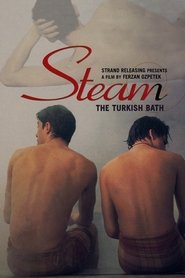 Francesco and Marta run a husbandandwife...
Francesco and Marta run a husbandandwife...Steam: The Turkish Bath 1997
Francesco and Marta run a husband-and-wife design company in Rome. When Francesco's aunt dies in Instanbul he travels there to sort out the hamam turkish steam bath that she left him. He finds a love and warmth in his relatives' Instanbul home that is missing from his life in Italy.
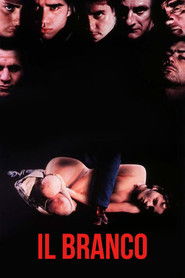 In the Roman province a group...
In the Roman province a group...The Pack 1994
In the Roman province a group of boys accepted Sola's proposal: to rape two German tourists on holiday in Italy held captive in a shack by a junkyard. The only one who pulls back from the group is Raniero, the others willingly accept to follow him. Slowly the news of the two imprisoned tourists spread like wildfire and attracts all the men of the area.
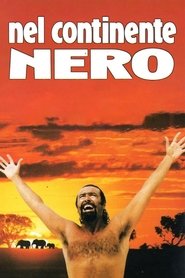 In the 1950s a big stir...
In the 1950s a big stir...On the Dark Continent 1992
In the 1950s, a big stir was made by a book (and its corresponding movie) called The Ugly American. Its subject was the grievous damage done to local cultures by well-meaning but essentially clueless (and frequently arrogant) representatives of the U.S. Since then, the phenomenon of cultural damage cause by arrogant tourists and visitors has been demonstrated to be something everyone is capable of. In this thoughtful, comic drama, the subject is Italians overseas. In this film, Malindi Kenya is the playground of rich Italians.
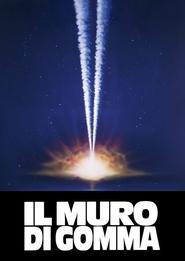 June 27 1980 a DC9 flying over the...
June 27 1980 a DC9 flying over the...The Invisible Wall 1991
June 27, 1980: a DC–9 flying over the Tyrrhenian Sea breaks up mid-air and crashes near the Italian island of Ustica, killing all 81 people on board. The official version blames the "structural failure" of the plane, but a young journalist smells a cover-up and starts to uncover the truth out of the 'invisible wall' of lies built by politicians and air force higher-ups.
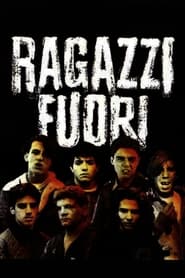 Young men with no future have...
Young men with no future have...Boys on the Outside 1990
Young men with no future have little in the present as well. Natale is released from prison: he takes up with his friends again but none can find work. Claudio, from Palermo, gets out of juvenile detention in Naples and he's met by Vita, a girl who's come from home to run away with him. Where can they go? A young dad, whose potato stall at the market is shut down because he has no permit, takes his two small children to the beach and yells at them. Mario, gay, a prostitute in drag, gets a visit from his mom; he offers tea, then finds the water to his apartment is shut off. Social workers drop by, parole officers file reports. What hope is there? What options besides crime?
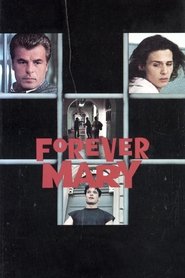 A teacher discovers his calling Marco...
A teacher discovers his calling Marco...Mary Forever 1989
A teacher discovers his calling. Marco relocates to Palermo from Milan and takes a job teaching in a reform school while he waits for a high school position. He tries to understand and motivate his handful of students, reading them colloquial poetry, encouraging them to stand up for their rights, finding out about their histories. Natale, in for murder, enamoured of the Mafia, the King Rat within the group; Mery, a drag queen, arrested for assault when defending himself, in love with Mario and, in daylight, rejected by all; Pietro, illiterate, muscular, believing his destiny is set; the callow Claudio, vulnerable, learning to harden himself. What can Mario learn and do in such a short time?
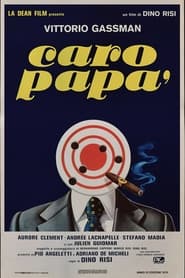 In Caro pap Dino Risi is...
In Caro pap Dino Risi is...Dear Father 1979
In Caro papá, Dino Risi is telling the story of the decadent lifestyle, and dysfunctional family, of a wealthy businessman (played to perfection by Risi's favorite leading man, Vittorio Gassman). Risi paints his portrait against a backdrop of an Italy where the new permissiveness has run rampant, traditional socio-cultural values have been usurped by consumerism, and the streets have become an open battleground for politically extremist groups (the '70s were dubbed "The Years of Lead" due to the great number of terrorist acts, and politically motivated assassinations).
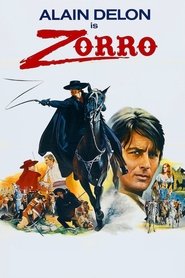 A newly arrived governor finds his...
A newly arrived governor finds his...Zorro 1975
A newly arrived governor finds his province under the control of the corrupt Colonel Huerta. To avoid assassination by Huerta, he pretends to be weak and indecisive so Huerta will believe he poses no threat. But secretly he masquerades as Zorro, and joins the monk Francisco and the beautiful aristocrat Hortensia in their fight for justice against Huerta and his soldiers.
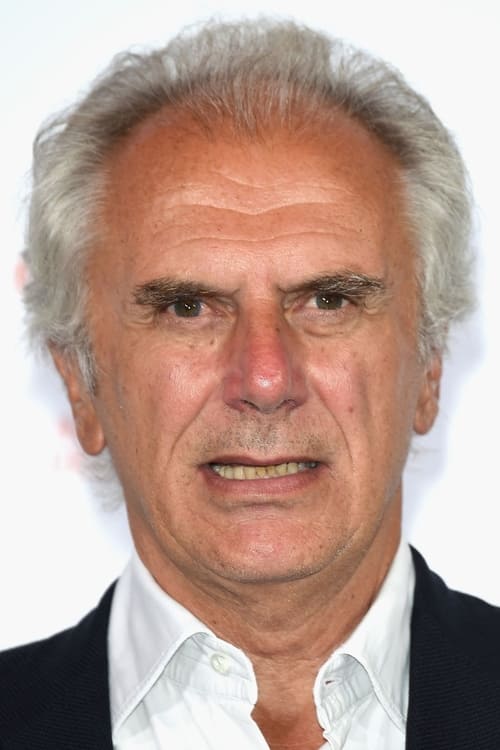
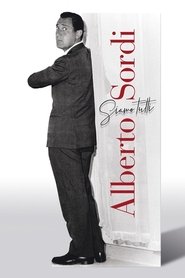
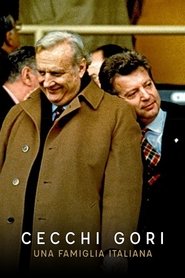
 When the Italian Premier and his...
When the Italian Premier and his...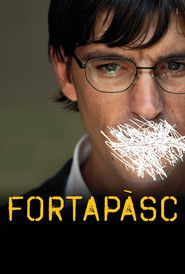 The story of Giancarlo Siani a...
The story of Giancarlo Siani a... Dramatizing of the many shocking highs...
Dramatizing of the many shocking highs...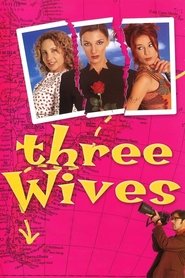 After being abandoned on New Years...
After being abandoned on New Years...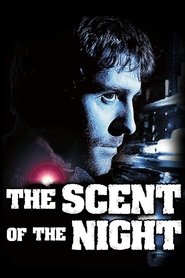 A former policeman turns fulltime robber...
A former policeman turns fulltime robber...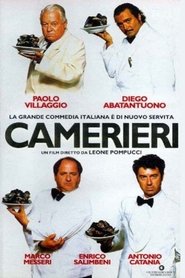 Four waiters and a cook working...
Four waiters and a cook working...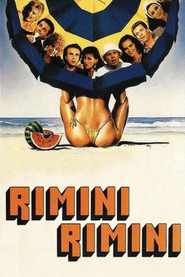 Funny entertaining comedy with a few...
Funny entertaining comedy with a few...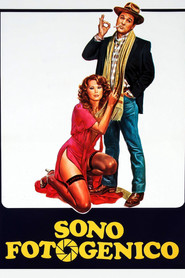 Antonio Barozzi moves from Lago Maggiore...
Antonio Barozzi moves from Lago Maggiore...